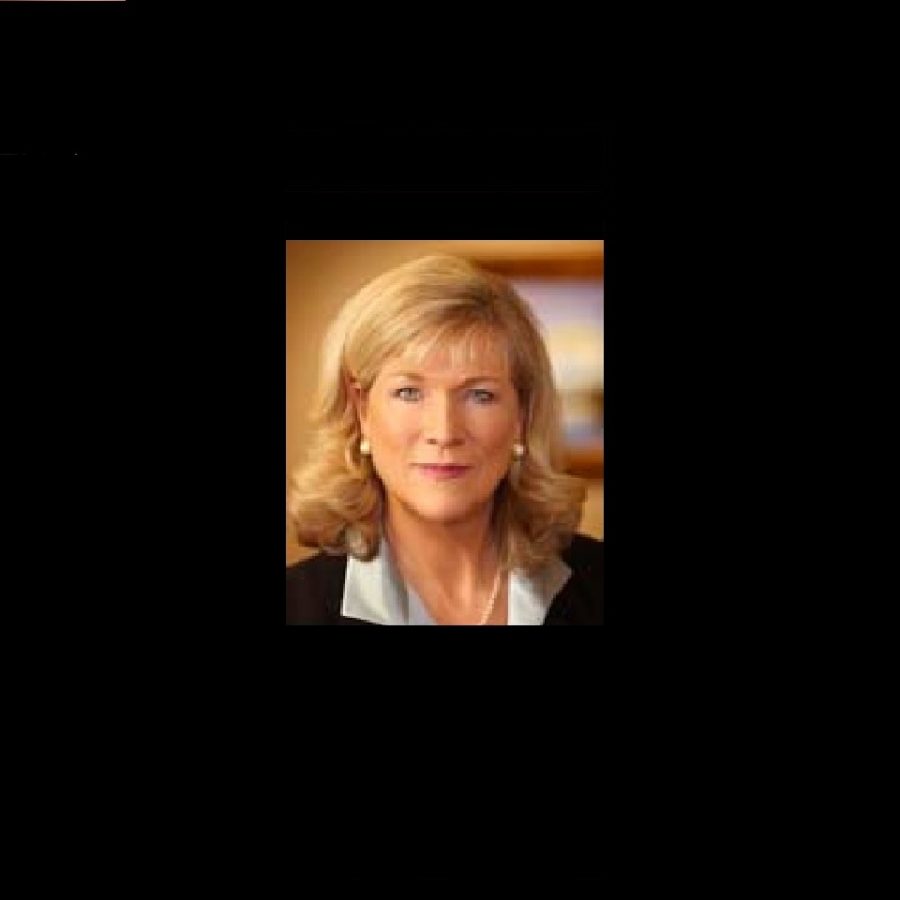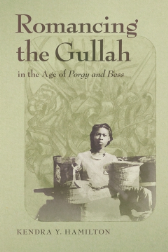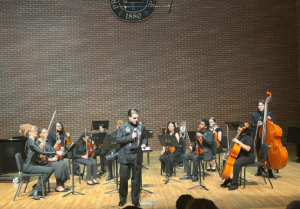Malissa Burnette: Constitution Day Speaker
September 18, 2015
This year’s Constitution Day speaker was Malissa Burnette. Burnette is someone who has a great deal of experience with racial or gender discrimination. She has represented cases that ensured women would be able to play contact sports, and most recently, cases that ensure marriage equality. She has been named as one of the best lawyers in America since 2005. She was also one of the lawyers who worked to allow women to attend the Citadel. Also, she is a part of the PC family as her husband and daughter have graduated from here.
For her Constitution Day speech, Burnette talked about the difficulties of being mindful of inclusion. She reminds us to be adjustable and to keep an open mind. She also remarks about how within the last few years, employers are voluntarily including protection of LGBT employees. In her speech, Burnette talked about some discrimination cases that she is involved with today.
Currently, on one of her cases, she represents 20 relatively poor African American clients who work on a farm. The clients believe that they are being discriminated against and together, they filed a lawsuit and are preparing for this case. However, she spoke about how she has had a hard time getting in touch with all of her clients in order to get them to their depositions. When she was finally able to get into touch with them, she asked them whether or not they were receiving her calls, letters and emails. With this question, she learned a valuable lesson. She learned that not everyone is able to keep their cell phone on. Going forward, Burnette noted that it was important for her to be mindful of the difference of people in different socioeconomic backgrounds.
With this, Burnette talks about how she learned a valuable lesson, a lesson that taught her how to be mindful of the differences in other people and be able to adjust to those differences. Throughout her speech, Burnette preached about how important it is to accept that people are not always going to be like us, and people are different. However, that does not warrant any discrimination of those people. Under the Constitution, people are entitled to certain rights, and it is a violation when those rights are not upheld.
Perhaps the story that is most remarkable is the story that she tells about how she worked summers in North Carolina. When she was in high school, she worked in a diner. The diner served blacks, but whites were the only people who were allowed to sit inside and eat. But one day, a black truck driver came in and sat down inside the diner. As the justice fighter she is, Burnette says she “served him because he looked hungry.” That night, Burnette said members of the KKK plastered the town with posters talking about a rally that was being planned. However, Burnette found a loophole.
She called the police station and asked them whether or not people were allowed to place their posters on the telephone poles. The police chief then told her that it was, in fact, not legal, since telephone poles were government property. Therefore, the signs could be taken down. So Burnette did just that. She went all through her town and took down the KKK rally posters that were posted on the telephone poles and the trees. Remarkably, Burnette says that she still has those posters today.
Discrimination is not as prevalent as it was during the Civil Rights era, but it is still current in today’s times, for example, with Kim Davis, who is a Kentucky county clerk. Davis refused to issue marriage licenses to same sex couples, and as a result, she was held in contempt of court and was jailed. Davis argued that she would be going against her religion by issuing the same sex license, but Burnette brought up a very interesting point. She made it clear that Davis was, in fact, forcing her religion onto everyone of that county, which is discrimination.
In her speech, Burnette encouraged everyone to be open minded and adjustable to people who do not show that same characteristics as us. Even though some people are different, they are still humans who have rights and they are still protected under the Constitution. Hopefully someday soon, we can live in a world where there is no discrimination against others and people can peacefully coexist.






